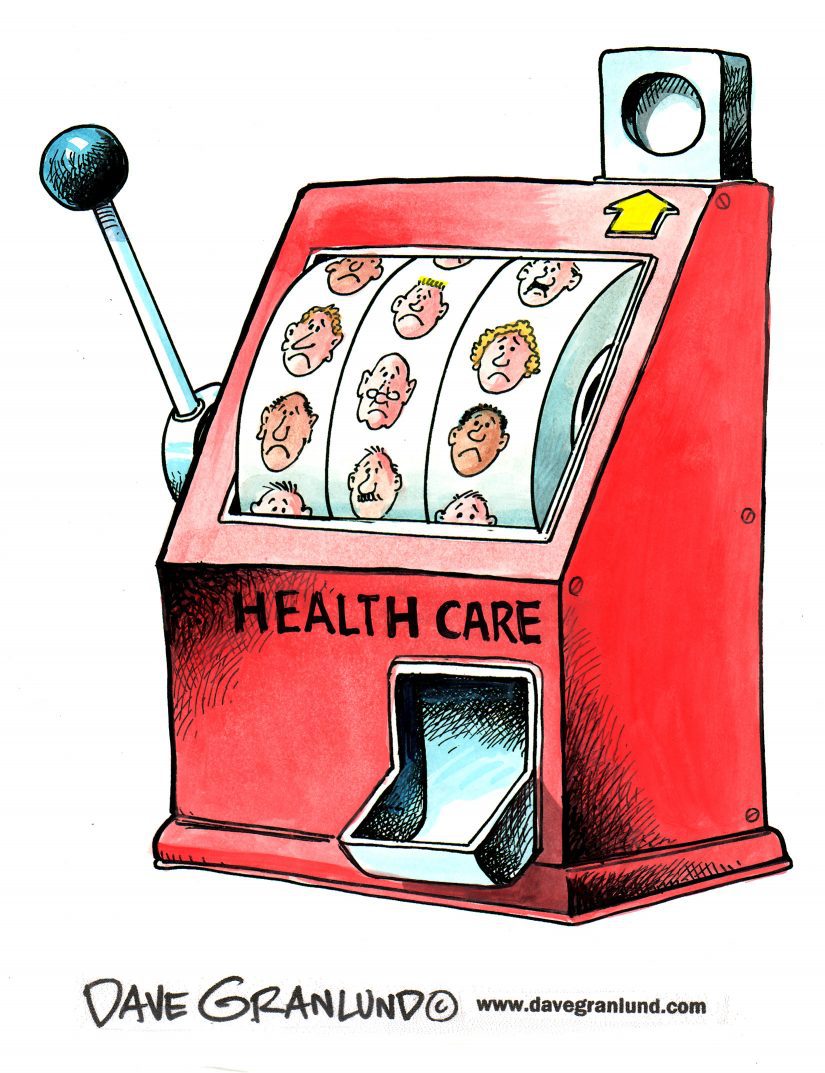BY DAVID PERRYMAN
 The 1994 film Angels in the Outfield featured Danny Glover, Tony Danza and Chistopher Lloyd in a family sports fantasy that provided the answer to a young boy’s prayer and along the way engaged the services of a group of angels who helped the California Angels win a pennant and gave him the family that he had so desperately longed for.
The 1994 film Angels in the Outfield featured Danny Glover, Tony Danza and Chistopher Lloyd in a family sports fantasy that provided the answer to a young boy’s prayer and along the way engaged the services of a group of angels who helped the California Angels win a pennant and gave him the family that he had so desperately longed for.
I was reminded of that storyline this weekend during a Super Bowl commercial. The ad was for a wireless phone company but it was centered around San Diego Chargers coach Anthony Lynn who had been asked to give a motivational talk to a group of First Responders. As he spoke to the police officers, paramedics and firefighters who had been gathered, he confessed to them that 14 years earlier he had nearly died when he was hit by a speeding car as he walked across a street.
Unknown to Coach Lynn, several of the men and women who had responded to his 2005 accident had been assembled in the group to which he was speaking. For the first time since he was injured, he and those who had rendered aid to him were reunited. The emotional coach told the First Responders that he had been told that angels had helped him survive. He surmised through tears that these men and women were indeed those angels.
Across Oklahoma’s 77 counties there are a lot of “out fields.” We call them rural communities and long stretches of highways that at a moment’s notice may need first responders, paramedics and other emergency personnel. The people who need those “angels” are not just the citizens of rural Oklahoma.
Visitors to rural Oklahoma hail from all corners of the state and nation as they engage in recreational activities, enjoy nature and attend hundreds of festivals, fairs and other events that represent the true history and heritage of our great state.
While there has been much news coverage about hospitals and emergency rooms closing across the state, the rate of insolvency and closure of Oklahoma’s ambulance services exceeds that of Oklahoma hospitals. More than 50 rural Oklahoma ambulance services shut down between 2003 and 2015 and the rate of closure has not slowed.
When an ambulance service closes, that simply means that the territory becomes absorbed in the next closest service. Consequently, distances between ambulance services increase.
When Oklahoma ambulance services suffer, so do the people who need them. It is no wonder that life expectancies in some rural communities are as much as 20 years shorter than life expectancies in more urban areas.
A May 11, 2018 policy brief by the National Rural Health Association provided the most concise illustration on the challenges facing EMS Services in rural America: 1) The cost per transport is higher in rural areas because the base costs of “maintaining readiness” are sunk costs. 2) With lower volumes there is less of a funding stream to offset costs. 3) Reimbursement rates by Medicare, Medicaid and private insurance are often based on call volume and, therefore, in a vicious cycle, studies have shown that over 60% of rural EMS providers rely on volunteers for EMT-Intermediate or EMT-Paramedic staffing and over 70% report having difficulty in recruiting volunteers.
The statistic that is most injurious to rural emergency medical services is the demographic of rural Oklahoma. Oklahoma’s rural population is older, poorer and less healthy than urban Oklahoma. Therefore, when an ambulance call is made in rural Oklahoma, it is less likely that the patient is privately insured or can afford to pay for the services rendered. That “uncompensated care” is often the straw that breaks the back of a rural ambulance service.
There is a solution. If Gov. Kevin Stitt, in some form or fashion, would accept federal Medicaid funds, $2.3 million per day would go to Oklahoma hospitals and ambulance services, thus preventing hundreds of Oklahoma EMTs, nurses and medical personnel from losing their jobs. It would not only sustain medical care in rural areas but also roll those dollars many times over through Oklahoma’s economy.
Rural Oklahoma is important to our state and residents and visitors there need “angels” just as urgently as do urban areas.
–Chickasha Democrat David Perryman represents District 56 in the Oklahoma House and serves as minority floor leader







